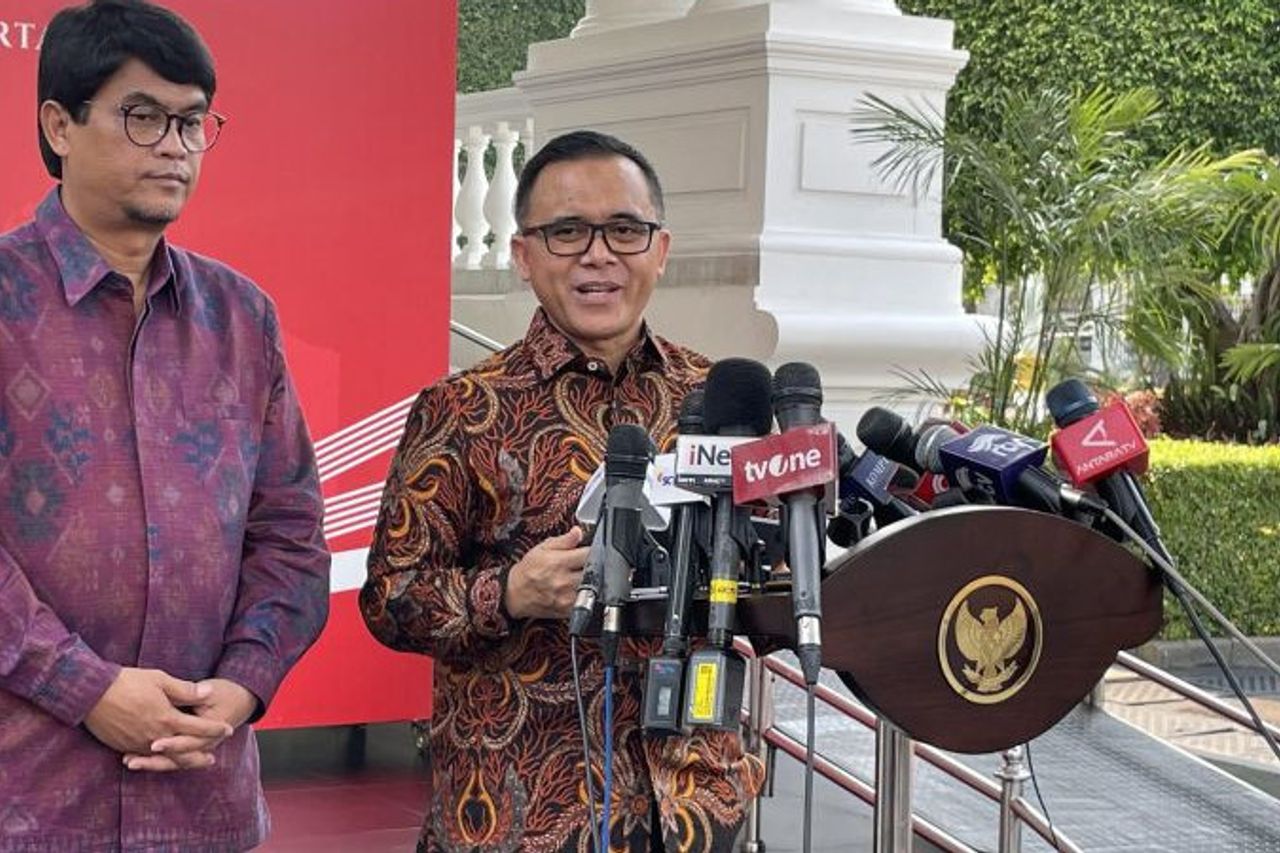Menpan RB: ASN Can Occupy Positions In The TNI Or Polri

JAKARTA - Minister of State Apparatus Empowerment and Bureaucratic Reform (Menpan RB) Abdullah Azwar Anas said the state civil apparatus (ASN) could now occupy positions in the TNI or Polri.
The reciprocal principle between ASN and the TNI or Polri is regulated in the ASN Law which was just ratified at the DPR Plenary Session on October 3, 2023.
"With this new concept, if the Police need ASN personnel, it can be filled later, for example for digital directors at the National Police Headquarters or maybe in the future there will be the Deputy Chief of Police in charge of community services, and so on," said Azwar after attending a closed meeting at the Presidential Palace complex, Jakarta, reported by ANTARA, Friday, October 6.
However, he explained that the arrangement could be applied according to the needs of the TNI or Polri institution.
"It is very possible, this possibility has been opened in accordance with the needs of the institution in question, it could be the TNI, it could be the Police," said Azwar.
In addition to implementing the principle of resipulation for the positions of ASN and TNI/Polri, the new ASN Law also ensures that ASN assigned outside state institutions continue to run their rank.
If previously ASN was reluctant to be assigned outside its institution for fear that its rank would be stopped, said Azwar, now ASN is encouraged to seek experience in international organizations/ entities or outside their institutions with the guarantee that the rank will continue.
اقرأ أيضا:
"In the future, it is possible that the head of the MSME and cooperative offices will be assigned to internships or work at Shopee or Bukalapak, for example for 3 months. This will encourage more growth of their talents," said Azwar.
There are seven agendas for ASN transformation in changes to Law Number 5 of 2014 concerning ASN, namely the transformation of recruitment and positions of ASN, ease of mobility of national talent, acceleration of competency development, structuring of non-ASN personnel, reforming performance and welfare of ASN, digitizing ASN management, and strengthening work culture and institutional image.

